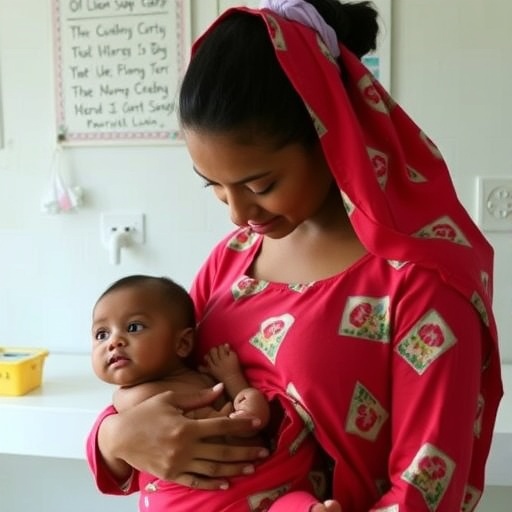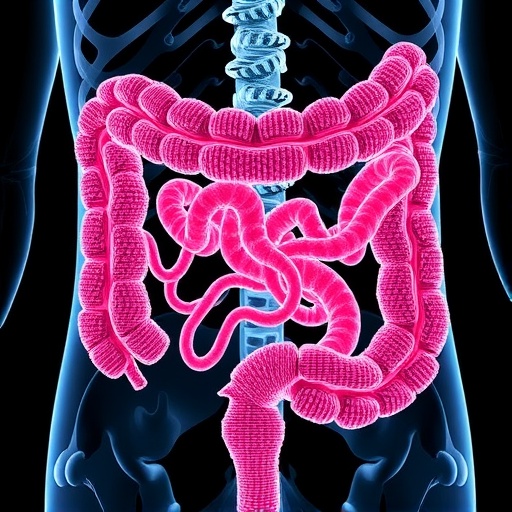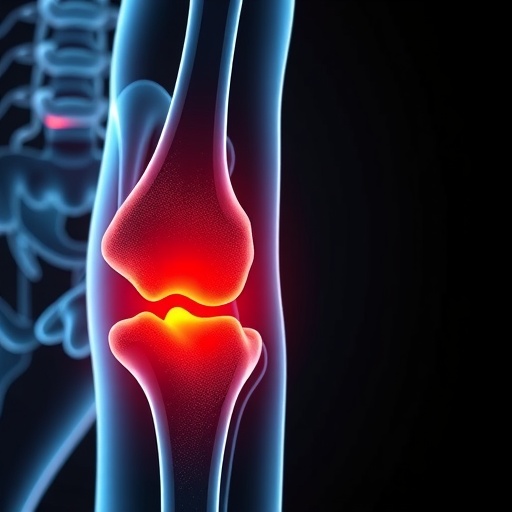PROTECT YOUR DNA WITH QUANTUM TECHNOLOGY
Orgo-Life the new way to the future Advertising by AdpathwayIn Ghana, a groundbreaking study has recently unveiled the profound impact of obstetric triage and midwife training on maternal and newborn health outcomes. This comprehensive randomized controlled trial, led by researchers including Andrea Bancalari, Judith Loh, and Emmanuel Ashinyo, aims to illuminate the effectiveness of targeted interventions in a country grappling with high maternal and infant mortality rates. The trial represents a timely intervention in the ongoing efforts to uplift healthcare standards in Ghana, particularly regarding maternal and child health services.
The study’s premise revolves around the critical importance of early assessment and intervention in obstetric care. Maternal health is a fundamental pillar of public health, and ensuring safe childbirth can significantly reduce the likelihood of complications that lead to maternal morbidity and mortality. The researchers posited that improved triage systems in healthcare facilities could lead to better identification of high-risk pregnancies, allowing for timely medical interventions tailored to individual needs. This could mean the difference between life and death for many women and their newborns.
To achieve their objectives, the trial instituted a robust training program for midwives, focusing on advanced triage protocols. The midwives were educated on the intricacies of risk assessment, symptom recognition, and the implementation of evidence-based care plans. The training culminated in a standardized approach to obstetric triage that empowers healthcare professionals to respond effectively to emergencies, thereby enhancing the overall quality of care provided to pregnant women.
As the study unfolded, it became evident that the midwives emerged as pivotal players within the healthcare system. Their enhanced skills not only bolstered their confidence but also significantly improved patient outcomes. By being trained in triage methods, midwives were equipped to prioritize care based on the severity of a patient’s condition, ensuring that those in critical need received immediate attention. The findings underscore a crucial shift in the perception of midwives from mere practitioners of childbirth to proactive agents of maternal health.
The ramifications of this research extend beyond individual experiences in healthcare settings. Improved maternal and newborn outcomes contribute to broader economic and social benefits for communities. Healthier mothers and babies can lead to increased workforce participation and reduced healthcare costs over time. By addressing maternal health proactively, the implications resonate throughout society, projecting a vision of a healthier future for generations to come.
In terms of methodology, the trial enrolled a diverse participant pool to ensure that the results would be applicable across various demographics within Ghana. Rigorous data collection and analysis techniques were employed, measuring both qualitative and quantitative outcomes. The research team meticulously documented instances of maternal morbidity, mortality rates, and newborn complications, juxtaposed against pre-established benchmarks. This comprehensive evaluation approach was vital in assessing the true impact of the interventions.
Further analysis revealed that enhanced obstetric triage and midwives’ training significantly decreased the time taken to identify and treat complications during labor. This not only improved safety for both mothers and babies but also fostered a more efficient healthcare system. The data indicated a marked reduction in referrals to higher-level facilities, indicating that primary care providers were better equipped to handle complicated cases. This finding is critical, as timely access to care can be a determining factor in survival rates.
As healthcare policies evolve, the study advocates for the integration of obstetric triage training as a cornerstone of maternal healthcare strategies. Policymakers are being urged to recognize the evidence presented in this research and to allocate necessary resources towards the continued education of healthcare providers in Ghana. By prioritizing such interventions, the country can move towards sustainable improvements in health systems and outcomes.
The narrative surrounding maternal health is often fraught with challenges, yet this study marks a pivotal moment of hope. It demonstrates the power of targeted education and systematic changes in healthcare delivery. Alongside community engagement efforts, these advancements can build a resilient health infrastructure that not only addresses current needs but also anticipates future challenges in maternal and child health.
Future research initiatives will likely build upon these findings, exploring additional dimensions such as mental health support for mothers, nutrition, and postnatal care. Addressing the holistic needs of mothers and infants remains a formidable challenge but one that can be met with continued research and community-focused interventions.
In essence, this study serves as a call to action for global health stakeholders. It emphasizes the urgent requirement for innovative solutions to perennial issues within maternal healthcare systems, particularly in resource-limited settings. By harnessing scientific research and the expertise of healthcare professionals, substantial strides can be made towards safeguarding the health of mothers and their newborns in Ghana and similar contexts worldwide.
Through ongoing advocacy for education, training, and research-based interventions, the vision for a healthier future is attainable. As communities rally around initiatives to improve maternal and newborn health, this study stands as a beacon of hope, illuminating pathways toward transformative changes that can save lives and enhance family and community well-being.
Subject of Research: Maternal and newborn health outcomes in Ghana
Article Title: Enhancing maternal and newborn outcomes in Ghana: a comprehensive randomized controlled trial evaluation of obstetric triage effectiveness and midwives training.
Article References:
Bancalari, A., Loh, J., Ashinyo, M.E. et al. Enhancing maternal and newborn outcomes in Ghana: a comprehensive randomized controlled trial evaluation of obstetric triage effectiveness and midwives training. BMC Health Serv Res 25, 1386 (2025). https://doi.org/10.1186/s12913-025-13132-7
Image Credits: AI Generated
DOI:
Keywords: Maternal health, newborn health, obstetric triage, midwife training, healthcare outcomes, Ghana, randomized controlled trial.
Tags: evidence-based care practiceshealthcare standards upliftmenthigh-risk pregnancy identificationmaternal and infant mortality reductionMaternal health improvement in Ghanamaternal morbidity and mortality preventionmidwife training programsnewborn health outcomes in Ghanaobstetric triage effectivenesspublic health interventions in Ghanarandomized controlled trial in healthcaretargeted interventions in maternal health


 11 hours ago
8
11 hours ago
8





















 English (US) ·
English (US) ·  French (CA) ·
French (CA) ·